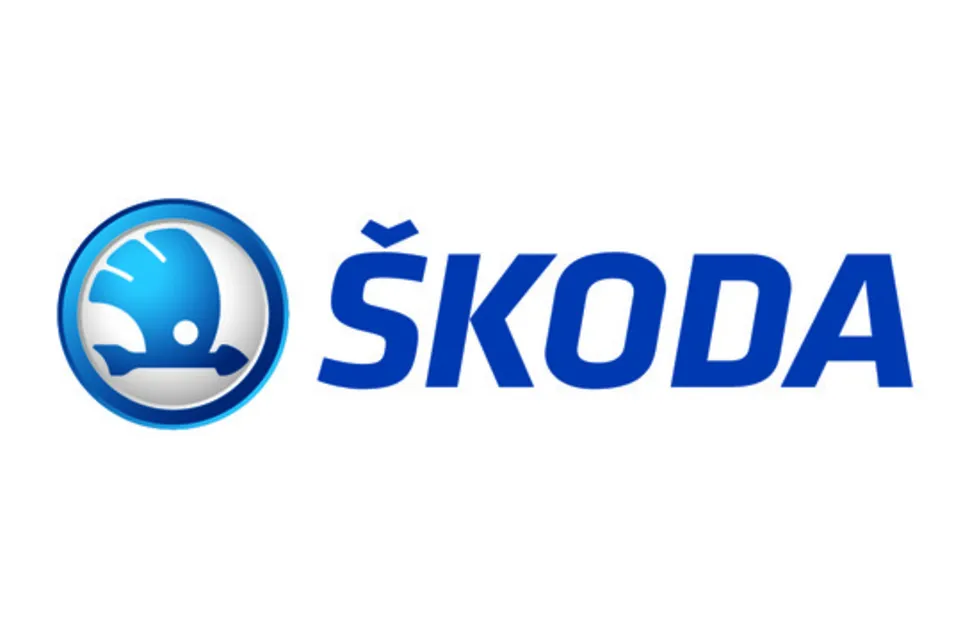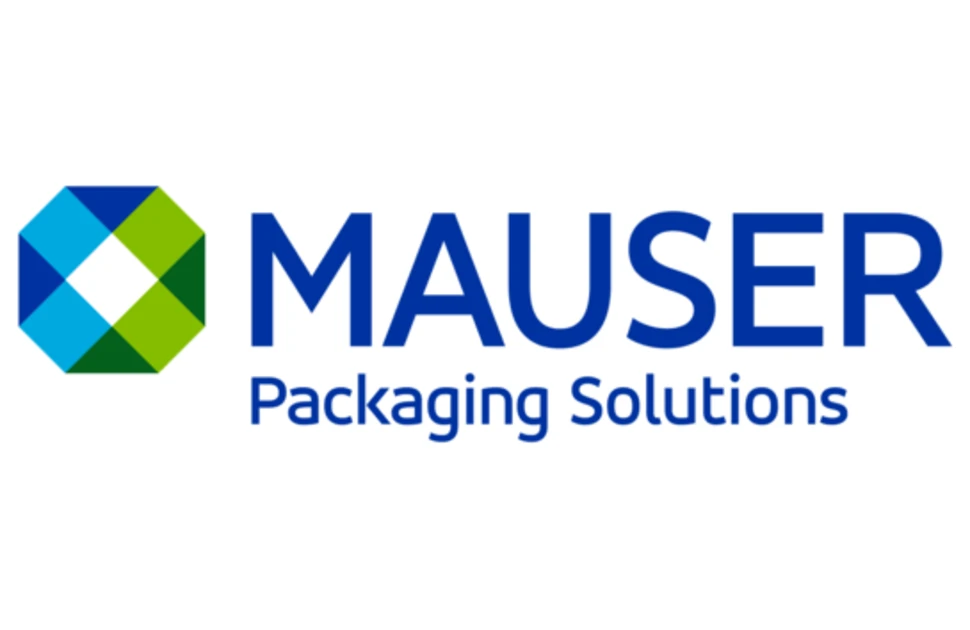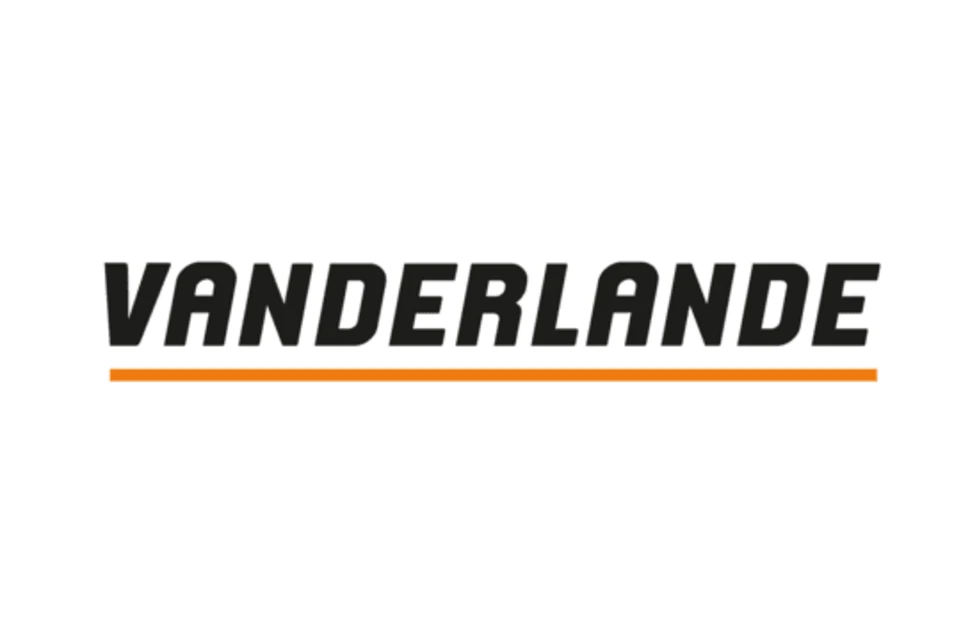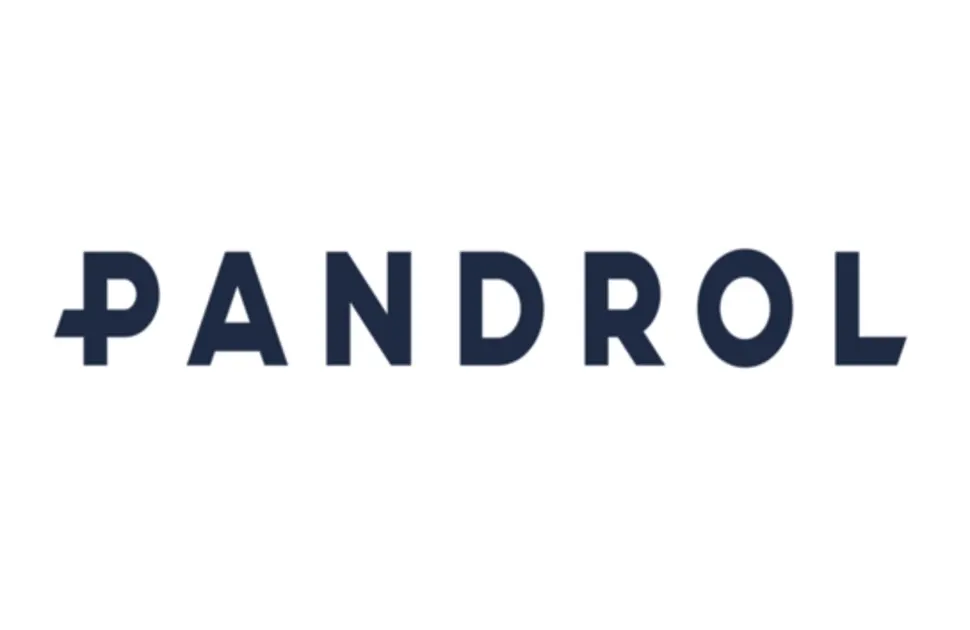Confirmed: EU’s ‘other countries’ HRC imports cap
The European Commission has confirmed its implementation of a 15% cap on individual countries’ use of the EU import safeguard measures’ “other countries” quarterly quota for hot rolled coil.
A 15% cap will also be applied to the category’s wire rod quota under revisions that will come into force from July 1. The changes come as the Commission confirmed the extension of its EU safeguard measures, for two years, to June 30, 2026. This is the final extension allowed, under WTO rules, after a maximum eight-year implementation.
Hot rolled coil imports from Vietnam, Japan and Taiwan – the three largest suppliers of Non Alloy and Other Alloy Hot Rolled Sheets and Strips into the EU in 2023 – are the most likely to attract the Commission’s 25% above quota duties.
The new cap on nations without a country-specific hot rolled coil (HRC) quota will restrict their imports to 141,849 tonnes for the two remaining quarters of this year. This volume has been comfortably exceeded by Vietnam, Japan and Taiwan under the current regime. The Italian steel trade body Assofermet estimates that around 1.6 million tonnes of hot rolled coil imports from these countries could be affected by the new rule.
MEPS reported earlier this month that importers had already started to explore new sources in their effort to avoid the cost of additional 25% above-quota tariffs. Respondents to MEPS research for the European Steel Review confirmed that steel buyers will not be able to absorb this additional cost in the current climate of low steel demand and subdued coil prices.
Upward pressure on domestic steel prices
MEPS International market analyst Jonathon Carruthers-Green said: “The new regulations halve the amount of hot rolled coil that can be imported from ‘other countries’, effective immediately. This change is likely to cause significant concern among traders who anticipated this material would be available.
“The Commission justified the move by stating that domestic steelmakers have ample capacity to compensate for any potential shortfall. However, I expect that the immediate effect will be these steelmakers pushing to increase prices.”
The European Commission has already met resistance to its plans to extend the quota system imposed by its import safeguard measures for a further two years. India is one country considering retaliatory trade defence measures in light of the move.
Nonetheless, the Commission insists that the measure is required to mitigate the threat of oversupply. Published within the results of its investigation into the possible extension, it concluded that “the Union steel industry is in a fragile situation”.
The document said that the Commission’s investigation confirmed high levels of overcapacity and expected capacity increases in the coming years, in a context of expected slow growth in demand. This suggests that “the situation of overcapacity is not likely to improve”, it said.
It cited OECD data which showed that around 160m tonnes of new capacity is planned to be installed between 2024 and 2026. In addition, it said that the EU was virtually the only major steelmaking region where installed capacity had decreased in the 2018 to 2023 period.
The Commission found that the EU is by far the largest steel importing market in the world in terms of volumes. Furthermore, price assessments conducted by the Commission showed that 57-93% of the product codes analysed per country showed higher export prices to the Union than to other third markets.
The future of the safeguard measures
Commenting on the future of the European Commission’s import safeguard measures, Carruthers-Green highlighted that this is the last time that the safeguard measures can be extended under WTO rules.
But he added: “Many steelmakers understandably believe that the safeguard measures will still be necessary beyond this point.
“Other market participants, particularly those reliant in imports, point out that the definitive CBAM period will be in effect by 2026, providing European steelmakers some level of protection.
“There is a case to be made that both schemes are necessary as their objectives are different. CBAM is designed to level the playing field for European steelmakers as they tackle the challenge of decarbonising the industry, and of course, carbon costs for European steelmakers will increase in step with those applied to imports. The safeguard measures are targeted specifically to counter oversupply and redirected trade that will still be occurring in 2026.”
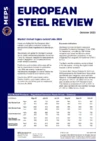
Source:
European Steel Review
The MEPS European Steel Review is an informative, concise and easy-to-use monthly publication, offering unique professional insight into European carbon steel prices.
Go to productRequest a free publication
